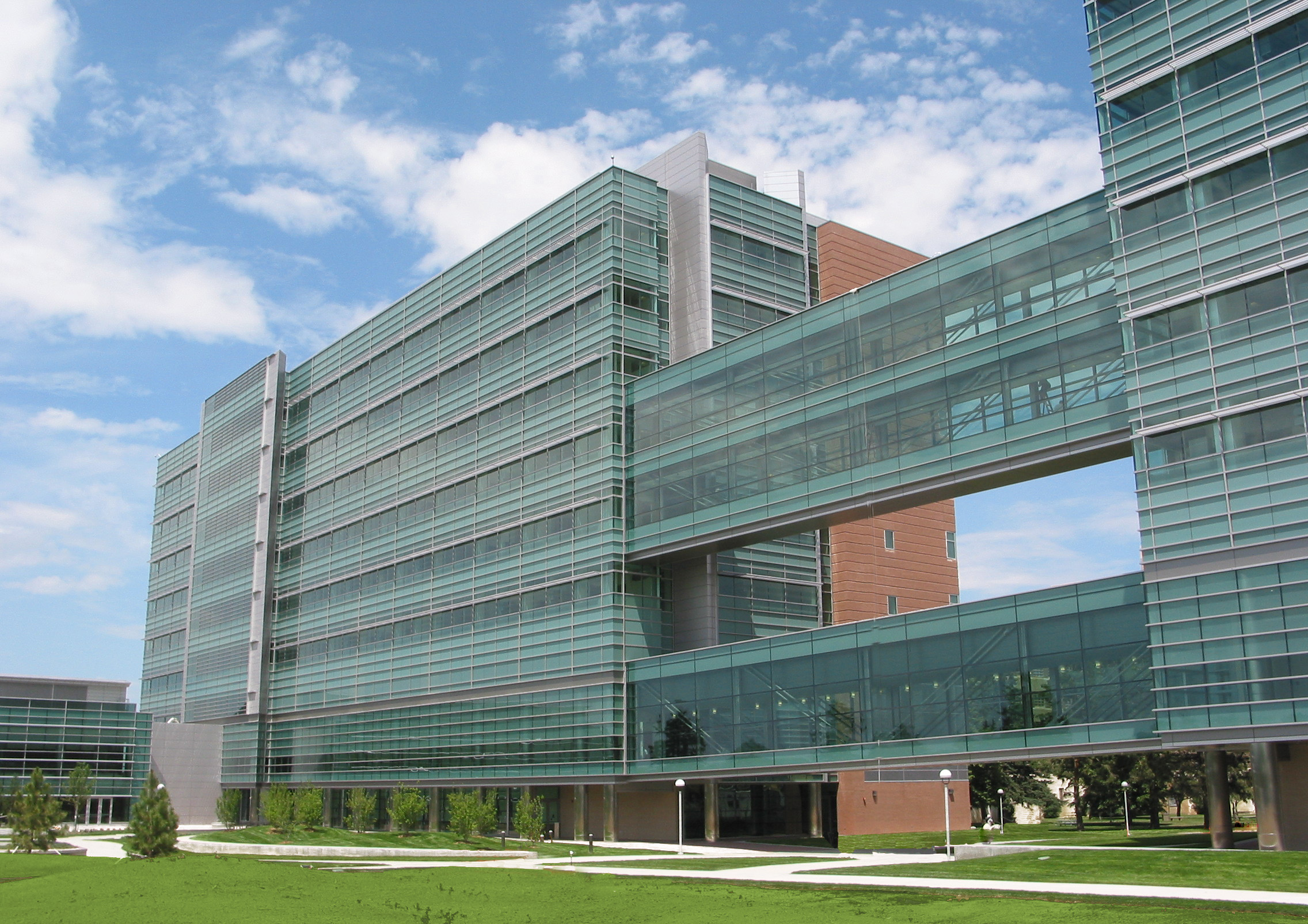AFFILIATES & FACILITIES
University of Colorado Cancer Center
The University of Colorado Cancer Center is Colorado's only National Cancer Institute-designated consortium comprehensive cancer center. The center is a consortium of three state universities, including the University of Colorado-Boulder, University of Colorado Anschutz Medical Campus and Colorado State University, and three institutions: University of Colorado Health, a network comprised of University of Colorado Hospital, Poudre Valley Hospital, Medical Center of the Rockies and Memorial Hospital, Children’s Hospital Colorado and Denver VA Medical Center.
Basic research at the CU Cancer Center is led by a strong group of senior investigators with international reputations and extensive federal grant support. Our basic scientists strive to better understand the fundamental cell activity that leads to cancer.
They work closely with our clinical researchers to translate laboratory findings into drugs, therapies and techniques that can be applied to people. Our clinical researchers then enroll patients in clinical trials to test these new treatments in cancer
research studies. The result of this collaboration is a host of promising new techniques to diagnose, treat and prevent cancer.
Cancer Biology Training Consortium
The Cancer Biology Training Program is a member of The Cancer Biology Training Consortium (CABTRAC). Our Program Director, Dr. Mary Reyland, was recently elected to the Board of Directors of CABTRAC. CABTRAC is a national consortium that was established
in 2005 to facilitate the exchange of ideas between individuals and institutions dedicated to the mission of training the next generation of cancer researchers. The consortium works closely with over 80 institutions within the US as well as the
National Cancer Institute’s Cancer Training Branch.
Colorado Clinical and Translational Sciences Institute
The Colorado Clinical & Translational Sciences Institute (CCTSI) is the academic home to help transform the clinical and translational research and training efforts at the University of Colorado Anschutz Medical Campus and affiliated institutions.
The CCTSI was created in 2008 with funding from the Clinical and Translational Science Award (CTSA) initiative of the National Institutes of Health (NIH).
Research Core Facilities
The University of Colorado School of Medicine is fully equipped with specialized instrumentation and core facilities required to conduct contemporary biomedical investigations. Core facilities include:
- Advanced Light Microscopy Core
- Biological Mass Spectrometry Facility
- Biostatistics and Bioinformatics Shared Resource (BBSR)
- Colorado Translational Research Imaging Center (C-TRIC)
- Cytogenetics Service
- Flow Cytometry Shared Resource Facility
- Genomics and Microarray Core
- Human Immune Monitoring Shared Resource (HIMSR)
- NMR Structural Biology Shared Resource Facility
- Peptide and Protein Chemistry Core Facility
- Protein Production/MoAB/Tissue Culture Core
- Structural Biology Core
- Transgenic and Gene Targeting Core
- Xray Crystallography Structural Biology Shared Resource
